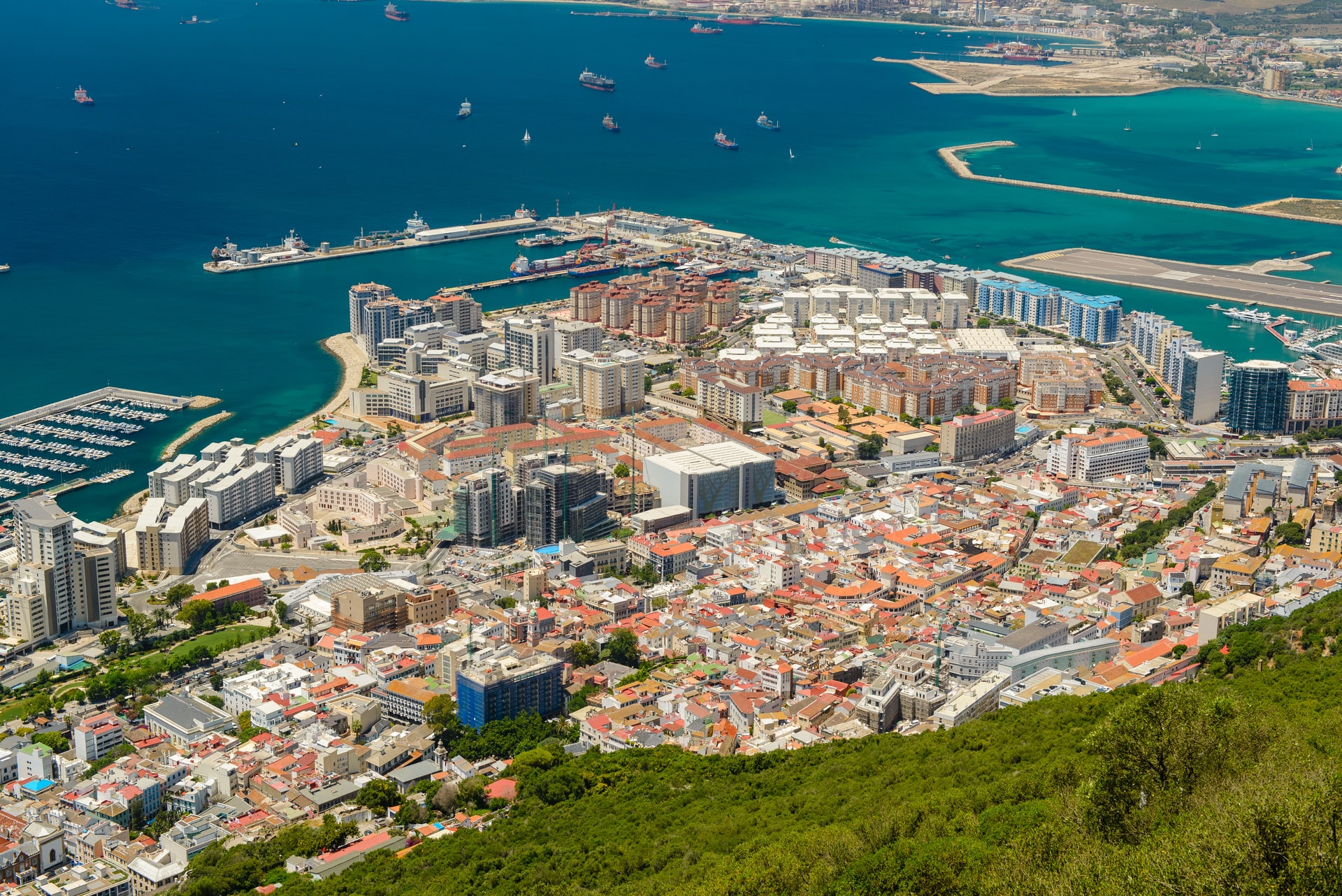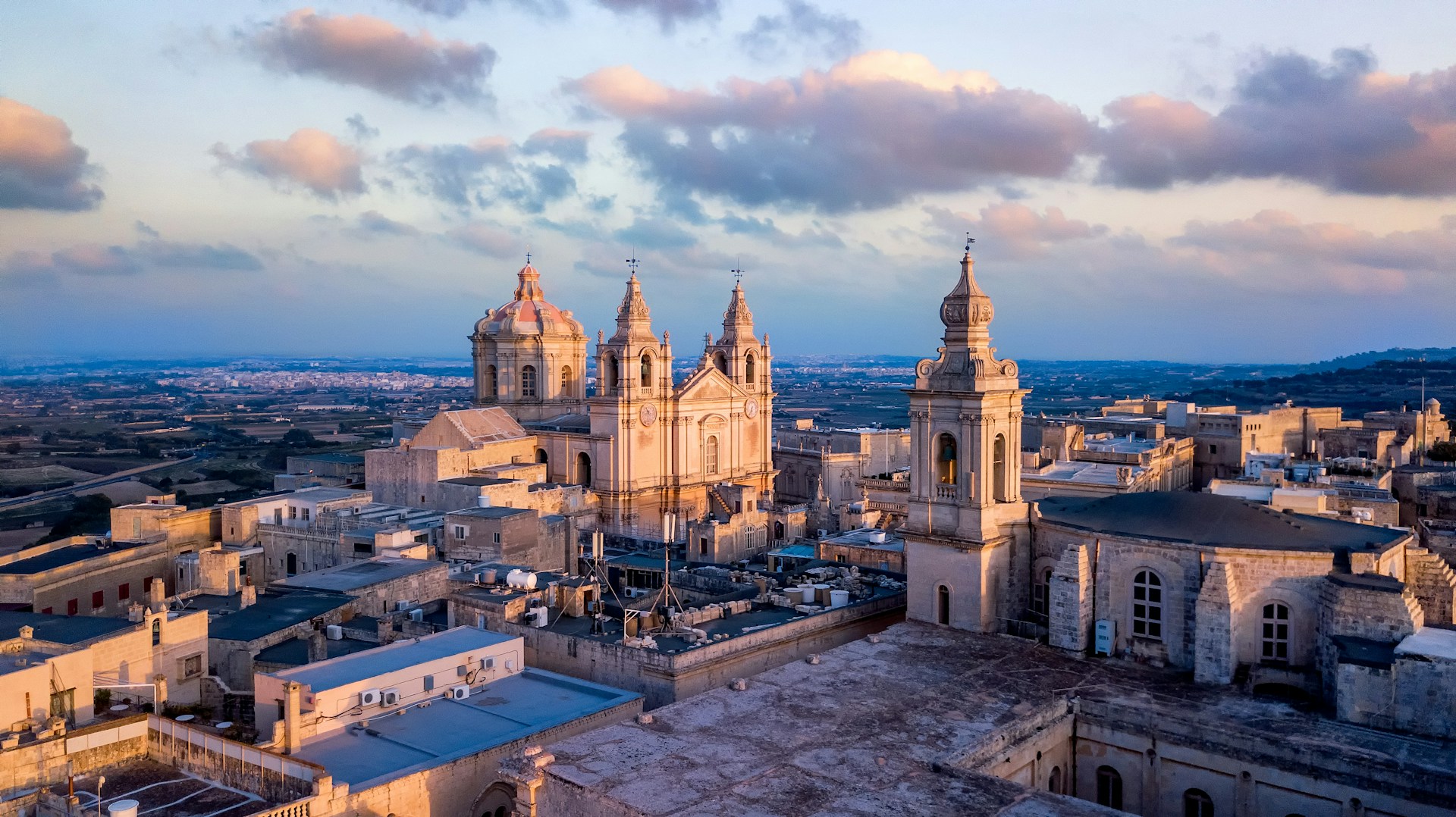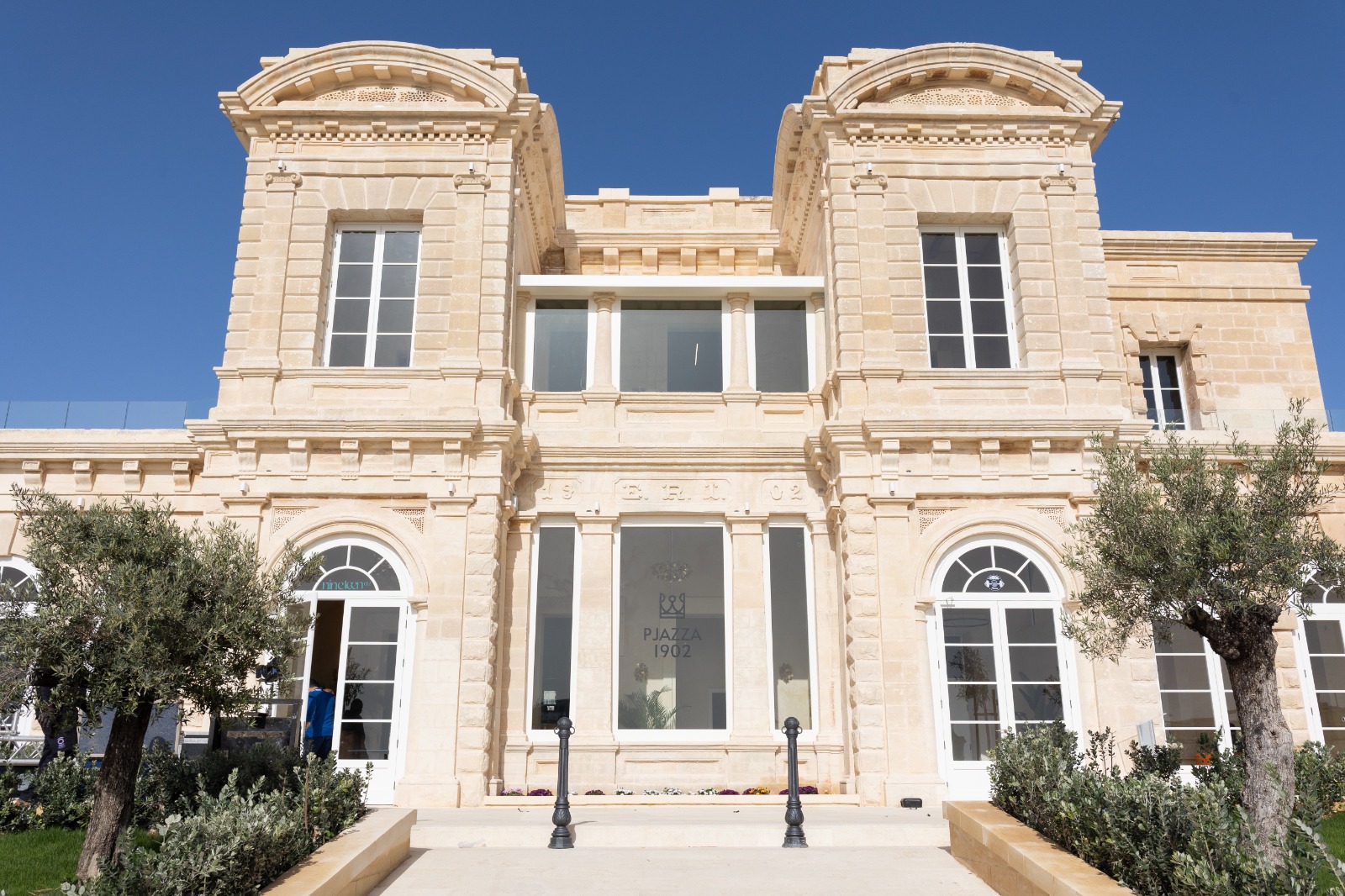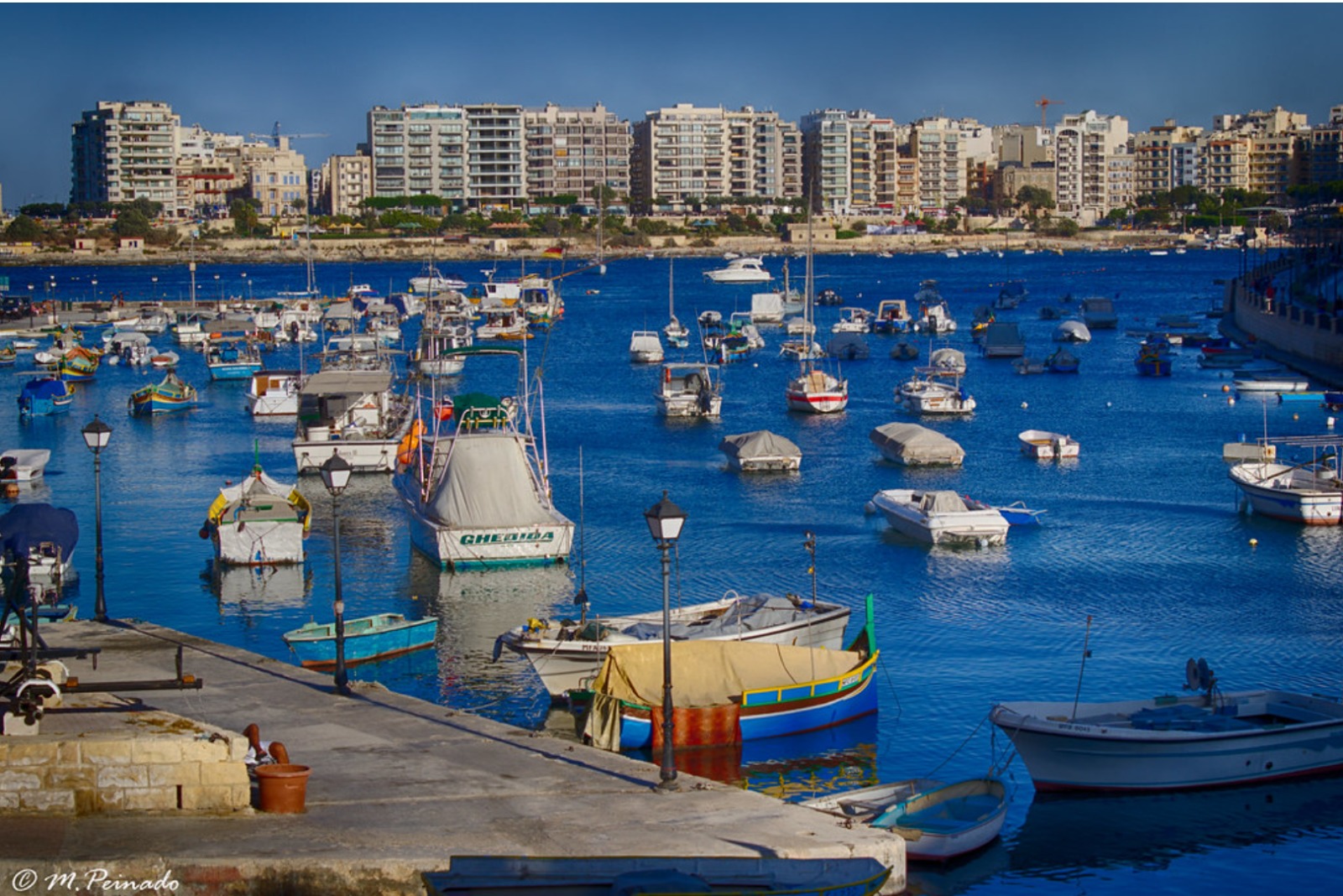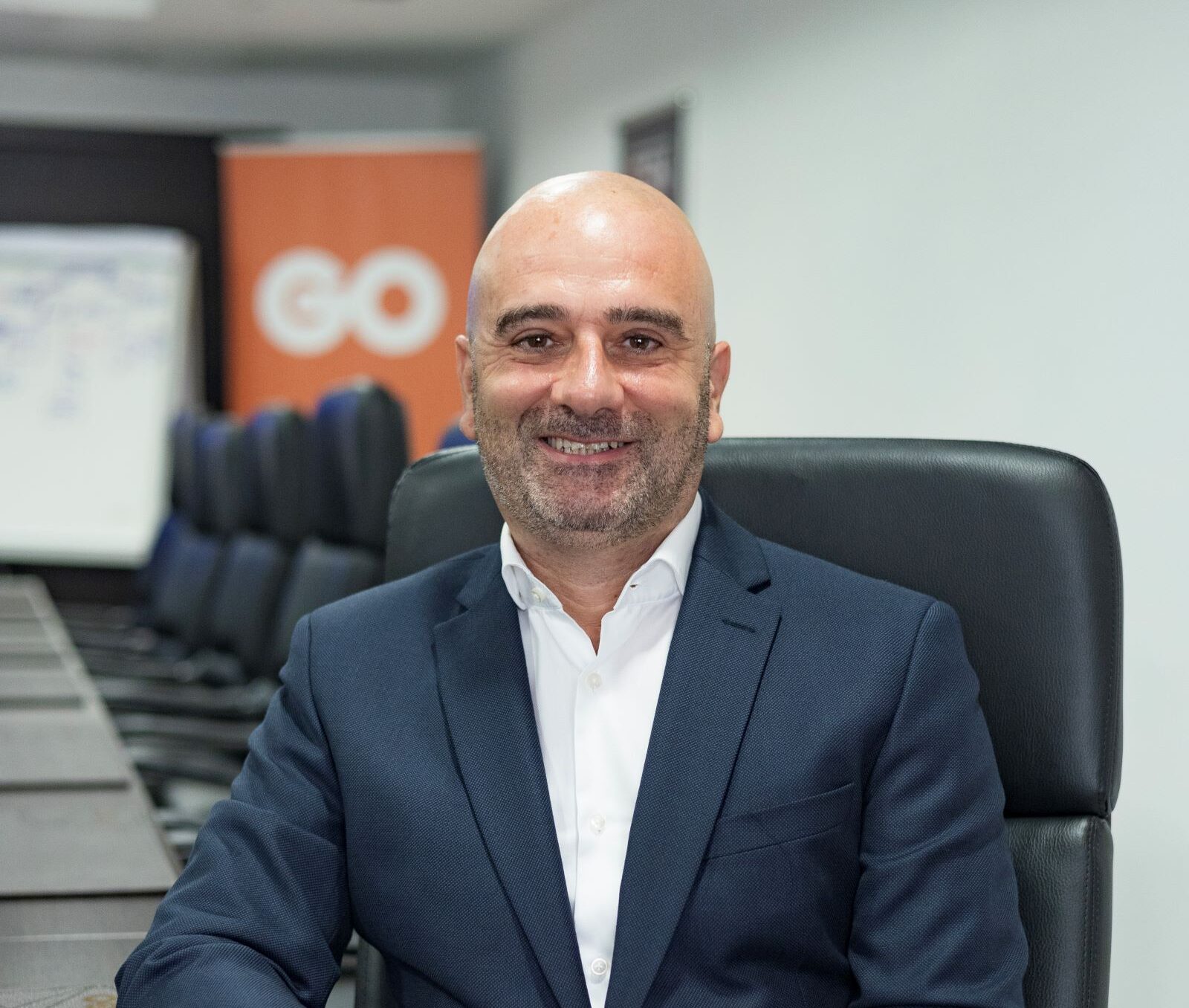An introduction of a tiered framework is being put forward with reforms to the Gibraltar Gaming Act 2005. In May the Government of Gibraltar published a ‘Command Paper’ by way of consultation on the proposed legislation to replace its current gambling legislation. The changes proposed would see B2C operators paying an annual licence fee of €34,500 and B2B content aggregators paying €23,000. Changes are also proposed for direct software service licences with a yearly fee of €12,500. Currently the annual fees for remote verticals and services are a straight €115,000 for B2C licences and €98,000 for B2B operators.
The review would also include a three-tier annual licence fee based on the operator’s gross gambling yield (GGY). The fee for the first tier would be around €57,000 for companies generating less than €23 million. The second-tier fee of €115,000 would include operators with a gross gambling yield of more than €115 million. The top-tier licence fee of approximately €230,000 would be applicable to operators with a gross gambling yield of over €345 million. Each vertical within a business will be required to apply for a separate licence at a fixed fee of approximately €17,300.
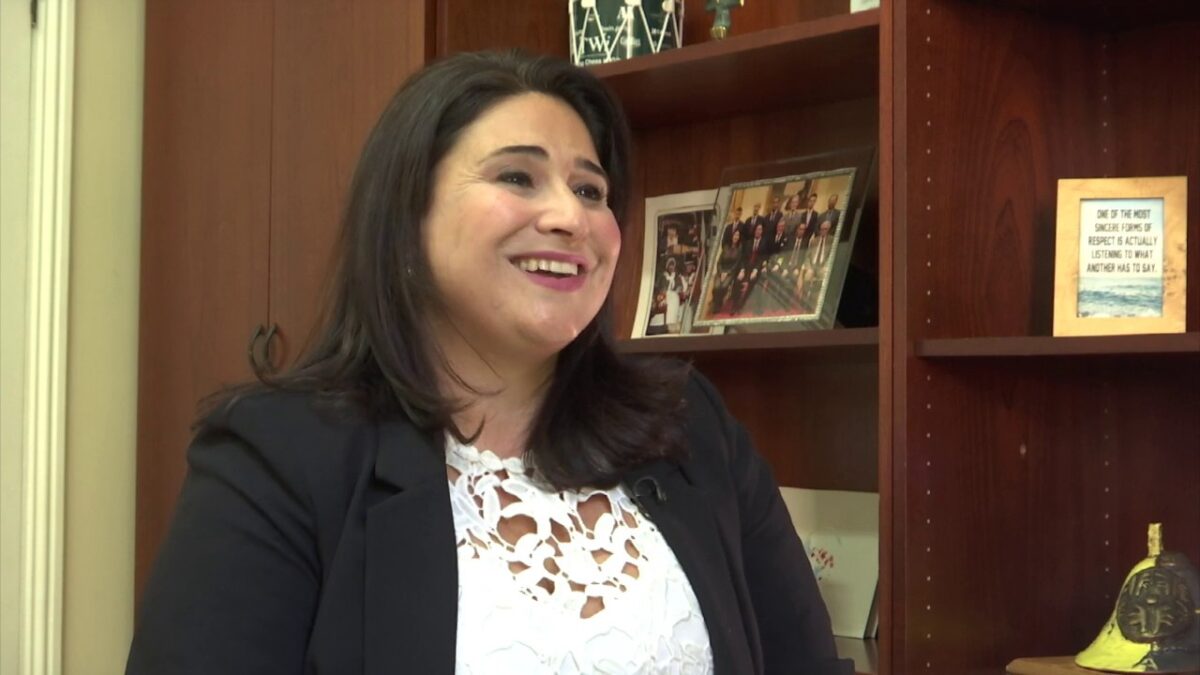
A capped licence fee of €115,000 is proposed for lotteries regardless of GGY. A new annual licence fee of €58,000 is proposed for affiliate service providers that are operating marketing services from Gibraltar. The fee does not apply to services marketing Gibraltar-licensed B2C sites.
iGaming businesses were offered the first licences in Gibraltar in 1998 and are regulated by the Gibraltar Gaming Authority. This was followed by moves from major UK betting operators to the VAT exempt British overseas territory to avoid the high tax regime that the industry was experiencing in the UK. Corporation tax is also attractive at 10 per cent rather than 20 per cent and there is no capital gains tax. However, sites offering services to people in the UK are obligated to pay tax on its gross profit. 75 per cent of UK betting activity takes place from Gibraltar as a result.
According to the Gibraltar government “the key principle in considering the licensing of operators is keeping crime out of gambling”. Due diligence is carried out on shareholders and directors of the company applying for a licence and the business is examined to confirm that it is based on a ‘sound’ business model. The gaming sector is considered to be important to Gibraltar with the government being both supportive and encouraging to new start-ups too. The sector contributes to 25 per cent of the GDP.
Safeguarding protocols are regularly updated and given prominence. Hon Samantha Sacramento MP “Safeguarding is everybody’s business so we will continue to raise awareness”
Continue Reading
Pjazza 1902: New hotspot blends community engagement and B2B offerings
The entertainment hub, which has recently opened in Pembroke after a lengthy period of meticulous restoration, serves up a gamut of dining, fitness, business and leisure opportunities
Gavin Isaacs steps down as Games Global chairman to take on new role as Entain CEO
His appointment comes into effect from September 2024, and will see him remain on the board of Games Global as an independent non-executive director
Third-largest cryptocurrency exchange OKX selects Malta as its MiCA hub
Under the MiCA framework, OKX plans to offer spot trading (including EUR and USDC pairs) in addition to buy, sell, convert and staking services to qualified EU residents through Okcoin Europe Ltd
GO’s Enterprise Solutions geared to deliver end-to-end business technology
The telecoms firm prioritises holistic and scalable solutions for its corporate clients, says Arthur Azzopardi, Chief Officer at GO Business.


